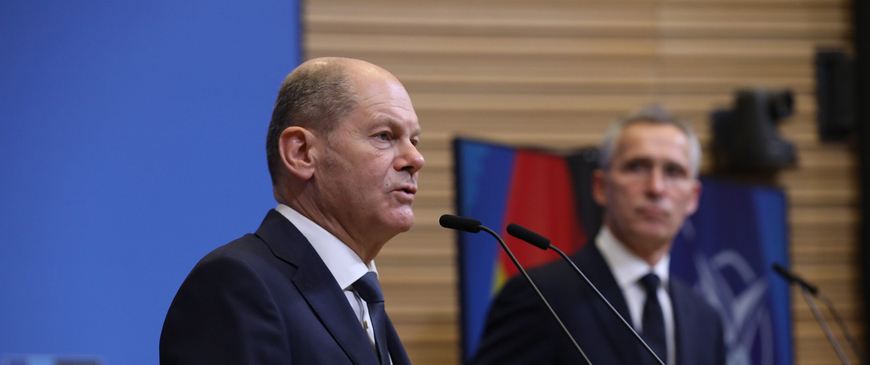
Judy Asks: Is Germany damaging Europe's position on Ukraine?
Germany has made it harder to achieve a united European response to Russia’s threats to Ukraine. No one wants a war in Europe, and everyone would like to find a peaceful outcome.
Germany’s role in World War II still casts a long psychological shadow. But that war and its aftermath should make Germans even more sensitive to the kind of ethnonationalism that underlies Russian President Vladimir Putin’s attitude to Ukraine—his mistaken belief that Ukrainians and Russians are “one people” and that any move by Ukraine to distance itself from Russia is not an expression of the popular will of Ukrainians, but a CIA plot.
Germany has to be clear about who the aggressor is and who the victims are in Ukraine. If Berlin refuses to countenance the delivery of weapons to Ukraine to enable it to defend itself, then it is in effect siding with the Russian aggressor.
German policy also seems influenced by its over-reliance on Russian gas. It should not be necessary to wait until Europe is at the brink of war for Berlin to consider delaying or cancelling Nord Stream 2: the geopolitical value to Moscow of this pipeline has been obvious to everyone except German politicians for many years.
Ian Bond, director of foreign policy, Centre for European Reform.
Read full article here
